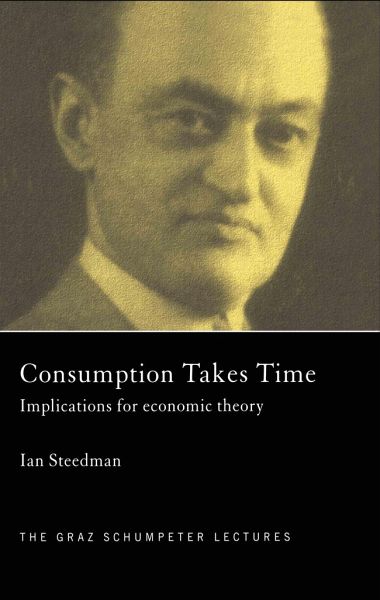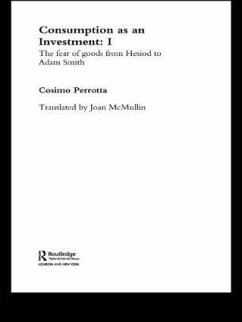
Consumption Takes Time
Implications for Economic Theory
Versandkostenfrei!
Versandfertig in 1-2 Wochen
167,99 €
inkl. MwSt.
Weitere Ausgaben:

PAYBACK Punkte
84 °P sammeln!
Standard economic theory of consumer behavior considers consumers' preferences, their incomes and commodity prices to be the determinants of consumption. However, consumption takes time and no consumer has more--or less--than 168 hours per week. This simple fact is almost invisible in standard theory, and takes the center stage in this book.














